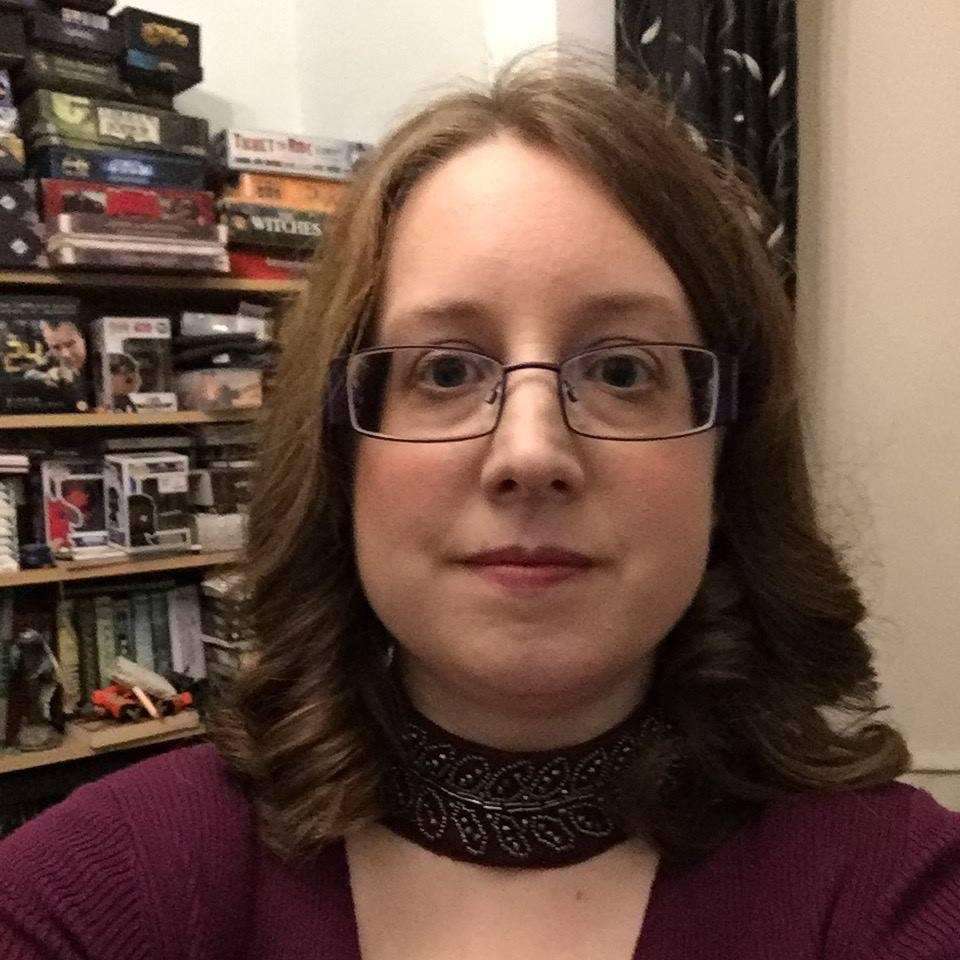In this monthly column, we check in with one of our resident agents to answer those questions you’re too afraid to ask for yourself. This month, Laura Bennett of the Liverpool Literary Agency tackles questions asked by BFS members in our dedicated Discord channel.

Name: Laura Bennett
Agency: Liverpool Literary Agency
Specialism: Sci-Fi & Fantasy
Location: North West England
Follow: Threads: Losbennett / Twitter: Losbennett
Read more about Laura in her BFS member profile, here.
Q: How long does it usually take for people to hear back from an agent?
Totally depends on the agent, unfortunately. Some have a “If you don’t hear by X time, it’s a noâ€, and some don’t. Make sure you check their information. For us, it’s 12 weeks and I try and make sure I get back within that time if I want to see more.
Q: If I’ve started self publishing a series, releasing one book already, is there any point to seeking an agent? Will my applications be hampered considering the series is already in progress? What would be my options if I would like representation for future books in the series?
When you’re self-publishing, you keep all the rights so it’s possible that you could do something with them, with an agent – whether it gets picked up by a publisher, or they sell the translations, TV/film rights or audio. However, a series would have to be making good sales for that to be likely to happen, or to already have an offer in hand from a publisher. It’s very unlikely that you’d be able to get representation for future books in the same series if you want to keep the first one as self-published.
Q: For a writer, the wait for a response following a full request from an agent is torturous! I’m thinking it might help to understand what’s happening behind the scenes, both with the manuscript itself and with all the other aspects of your job. So…! When you request a full, what happens in the window of time between receiving it and responding?
Lots! Generally, an agent puts their existing clients ahead of any queries. So they might be reading and editing manuscripts, negotiating deals, talking to editors, going to meetings, and so on! I have to be in the right mindset with a nice chunk of time before I start reading a full, as I make editing notes as I go, too, so it’s not as simple as just reading it.
Q: This comes from sitting in on the author brand discussion and modding the epic fantasy one (so so interesting!) — say an author has signed with an agent with one genre, does the agent want more of the same or doesn’t it matter? Is being under the same SFF umbrella enough?
As with many things – it depends on the agent and it’s absolutely something you need to ask when you’re considering which agent to go with once you have an offer. Some do multiple genres and some don’t. It’s generally a good idea to discuss your next project with your agent, rather than suddenly producing a finished manuscript, as they can help guide you.Â
Q: If an author comes to you with a new unpublished book but they already have a publisher, would you automatically want to move them to a new publisher?
No, not necessarily! Especially if it’s a continuation of a series. And often, publishers have a “right of first refusal†clause, which means that they get to consider an author’s next book (hopefully narrowed down by age range/genre) before it goes on submission. New contracts with the same publisher can totally be negotiated. It’s a discussion to have with the agent.
Q: Is there anything you wish more authors did when they come to you? (Excluding following the instructions you’ve given – something that’s not required, but you wish they did it anyway?) And how about the reverse? Things that aren’t against the rules, but make things a little more annoying for an agent (other than being rude; being rude is just bad.)
I really like having the “market info†for a book at the start of the query letter. Just a line that has genre, age, wordcount and maybe some comp titles. It makes it really easy to see if a query is worth looking at or whether it’s absolutely not my thing.
It’s annoying for an agent if there’s a lot of info about the author and not much about the book. At the querying stage, we mostly want to know about the book. I also don’t like being called “dear agentâ€. Sending me a copy & paste query letter is totally okay, but please take the effort to use my name!
Q: Is it a query faux-pas to pitch a YA fantasy and include (alongside YA comps) something along the lines of ‘it would also appeal to adults who enjoyed [this aspect of this adult comp title]’? I’m not sure if it’s useful to highlight the possible crossover appeal or just sounding like I’m too unwilling/unable to pick a lane between YA/crossover/adult.
I think it’s fine. Crossover/New Adult is such a big thing now that you can definitely do it. Like you said, as long as you include a YA title and an adult title, that’s all good! There are some crossover titles you can use, but not that many yet.
Q: Sorry if this has been asked and answered before, but what’s the view of novellas? After self-publishing my trilogy of novels, I have an idea for a novella series that has more commercial appeal, and so I was going to approach agents/publishers with it. But when I looked previously, I got the impression that not many agents/publishers accept novellas, and would rather accept novels instead. Or can it vary from agent/publisher to agent/publisher? Thanks! EDIT: Ohh and I’d be curious to know if the answer would differ for YA specifically as well.
Novellas are still a harder sell as there aren’t as many publishers doing them. And some of the ones that do will only take them from established authors. I’d generally say to err on the side of giving yourself the best chance, and don’t query with a novella if you can avoid it. That said, I think they’re becoming more popular. Same applies to YA as to adult.
Q: A couple of questions! Does age factor into your decision making as an agent? (Asking as a 60-year-old; a previous convo chatting with agent at writers group indicated it was a tough sell for older women.) Other question is – if you have books in more than one genre how do you find the best agent to represent you? I have dark historical mystery but also YA/teen fantasy and post-apocalyptic scifi. I also have an unpublished folk horror which has a home as publisher has published previous 2 in series but not yet signed contract (it can be read as standalone).
Age doesn’t factor in for me, personally. I can’t speak for anyone else! Some of our clients at Liverpool Lit are in their 50s and 60s. But I will note that as an agency we’re focused on underrepresented voices and finding people who might not have had the chance to get into publishing.Â
If you write in multiple genres, then you should really look for an agent that represents them. You can mention it briefly in your query letter as some agents will see that as a major positive. And as I said slightly earlier in this column, it’s definitely something to ask on the call. Otherwise if you’re really struggling to find an agent that does them all, pick the one or two that you feel the strongest about and that you’d be happy building your brand with – that way you can always change track later on, once you’ve got that foot in the door. There may be options!
Read previous columns:
- September 2024
- August 2024
- July 2024
- June 2024
- May 2024
- April 2024
- March 2024
- February 2024
- January 2024
Featured image: by cyrus gomez on Unsplash

